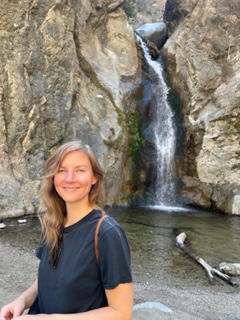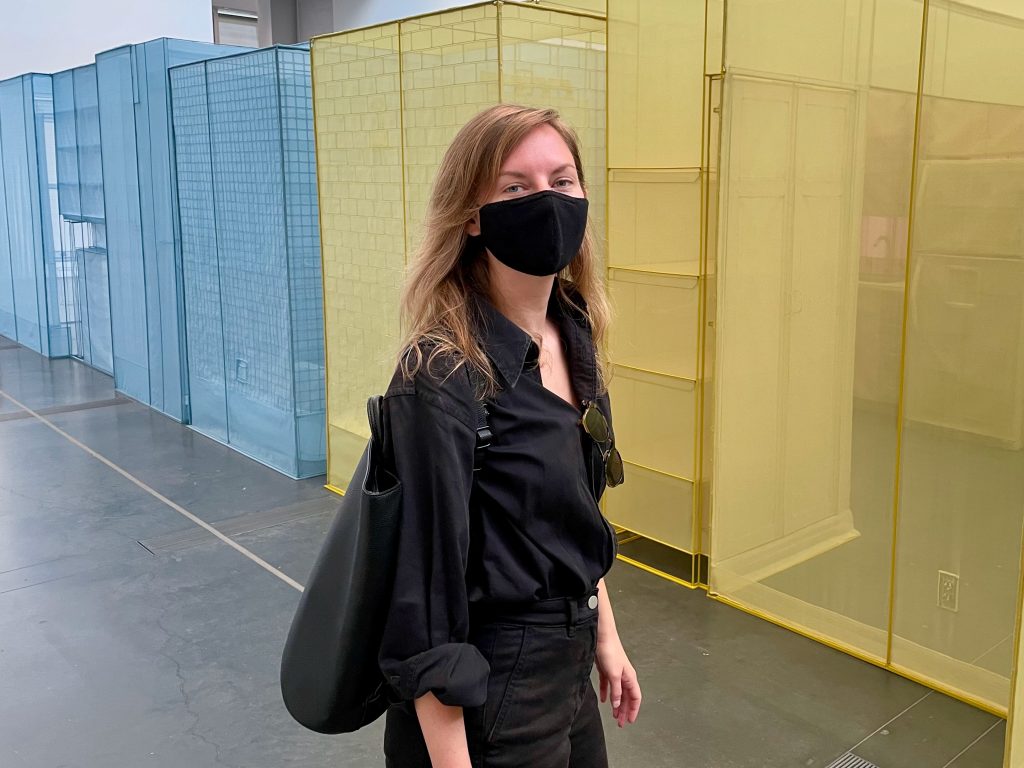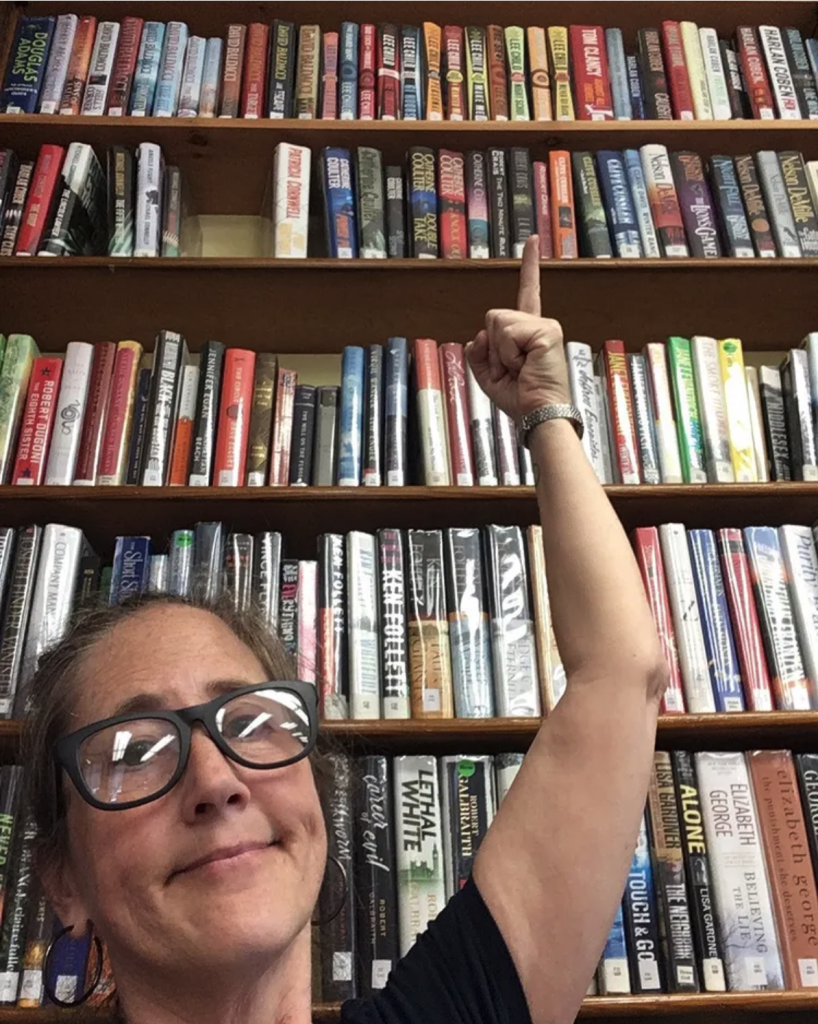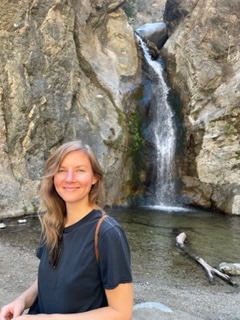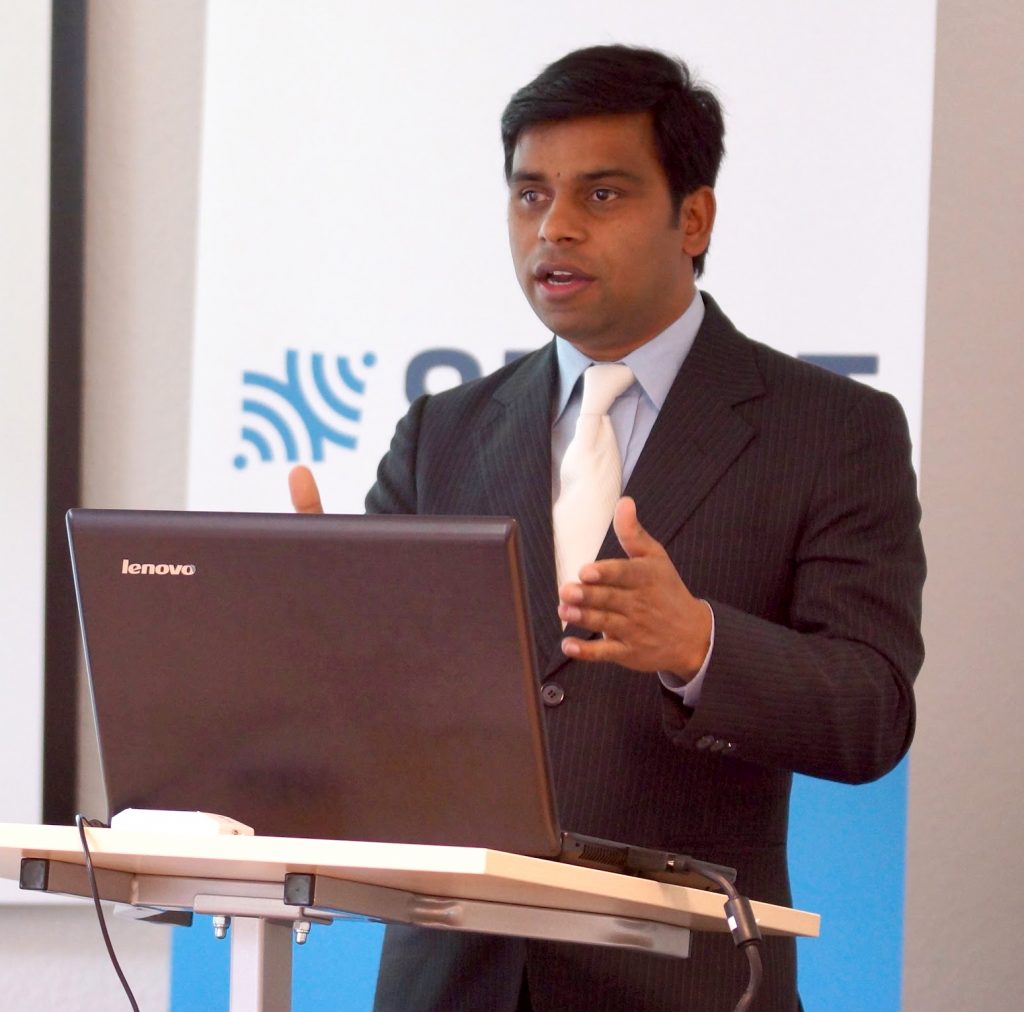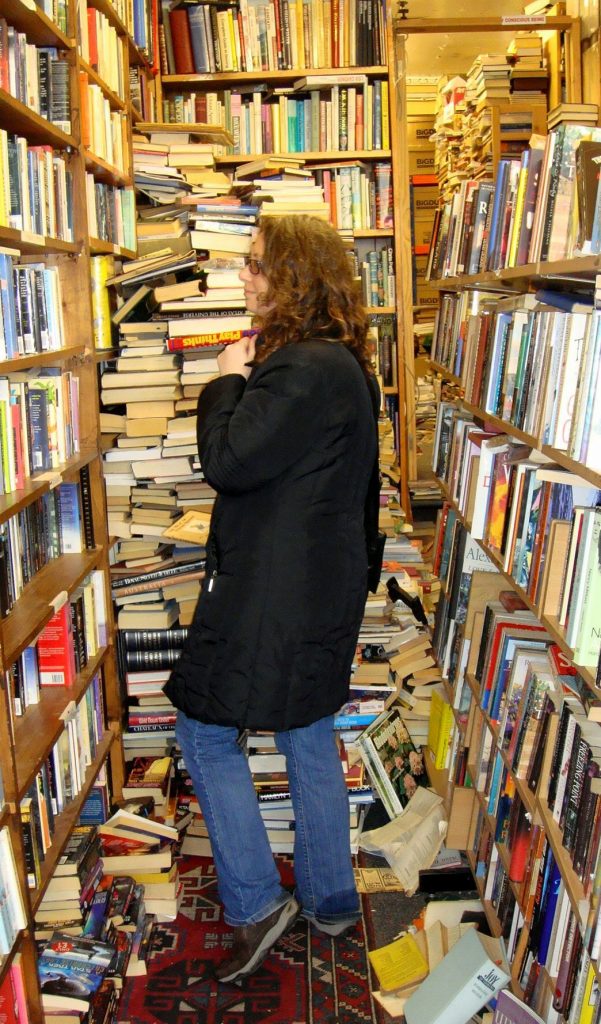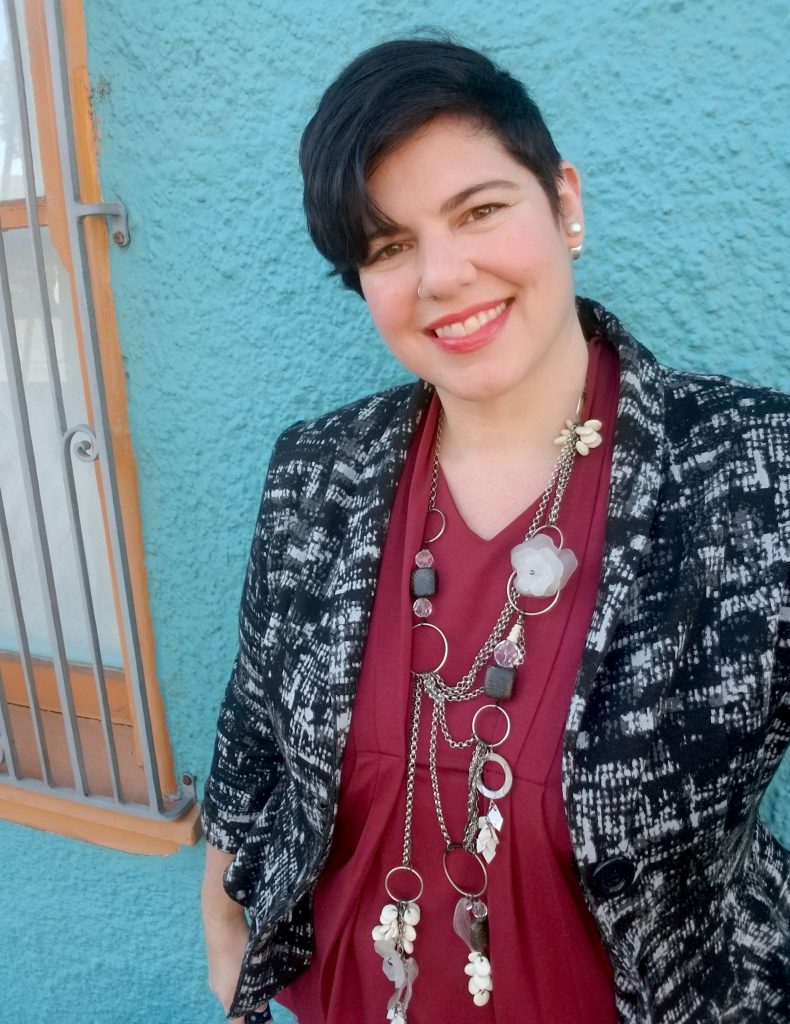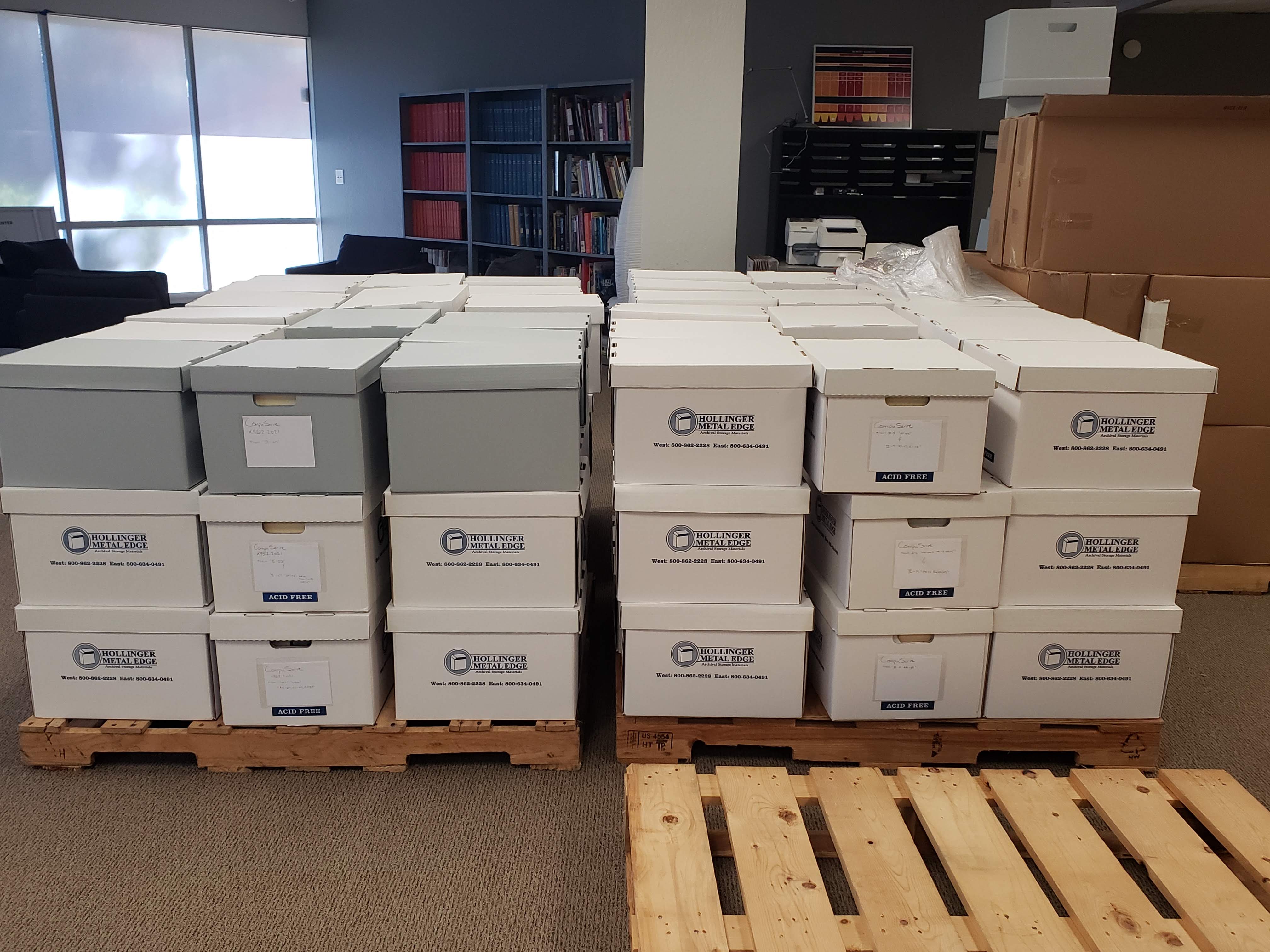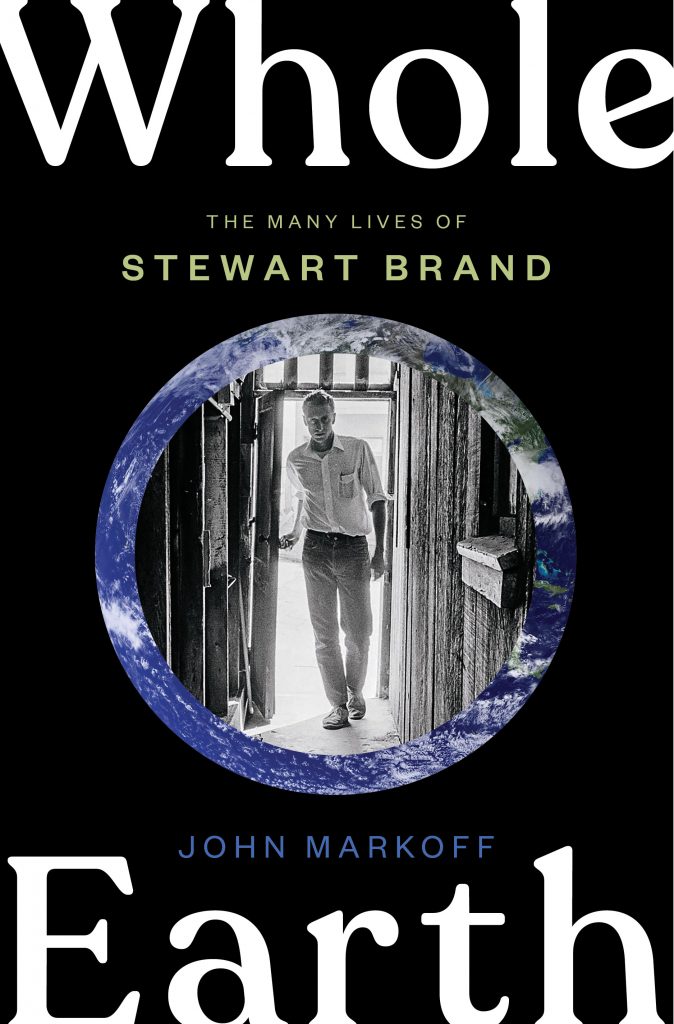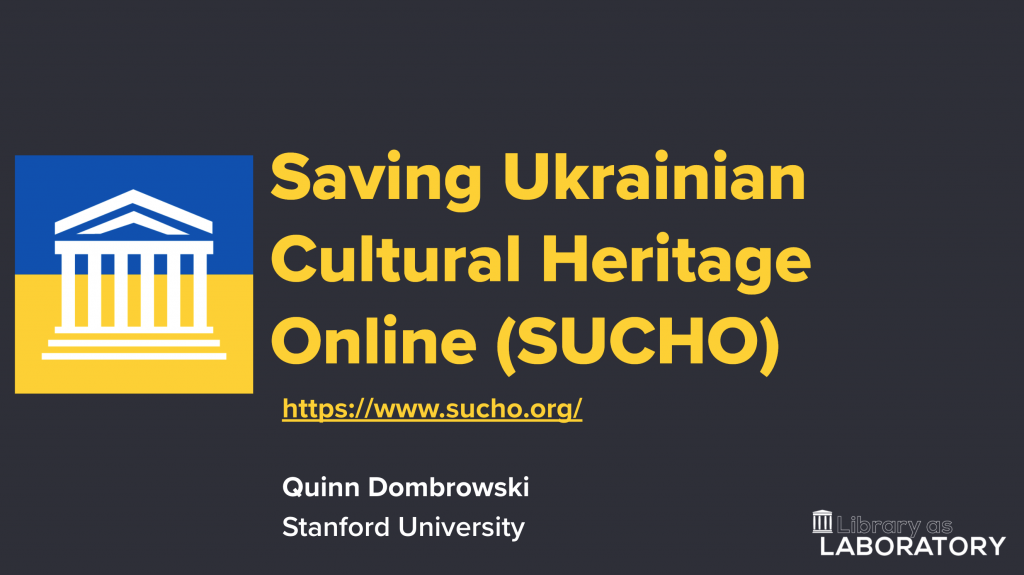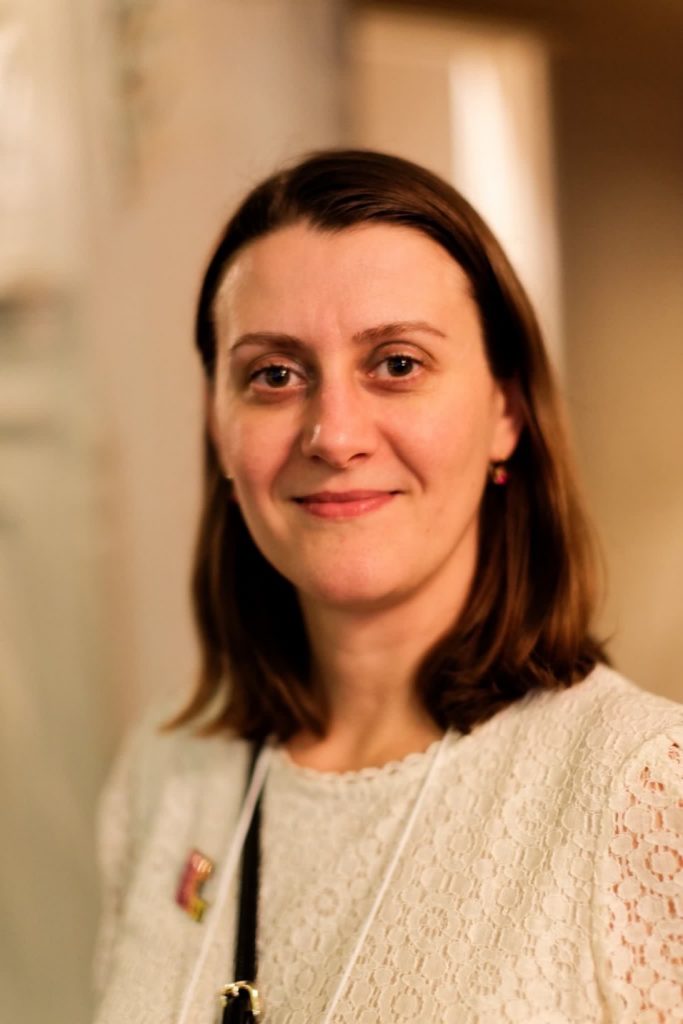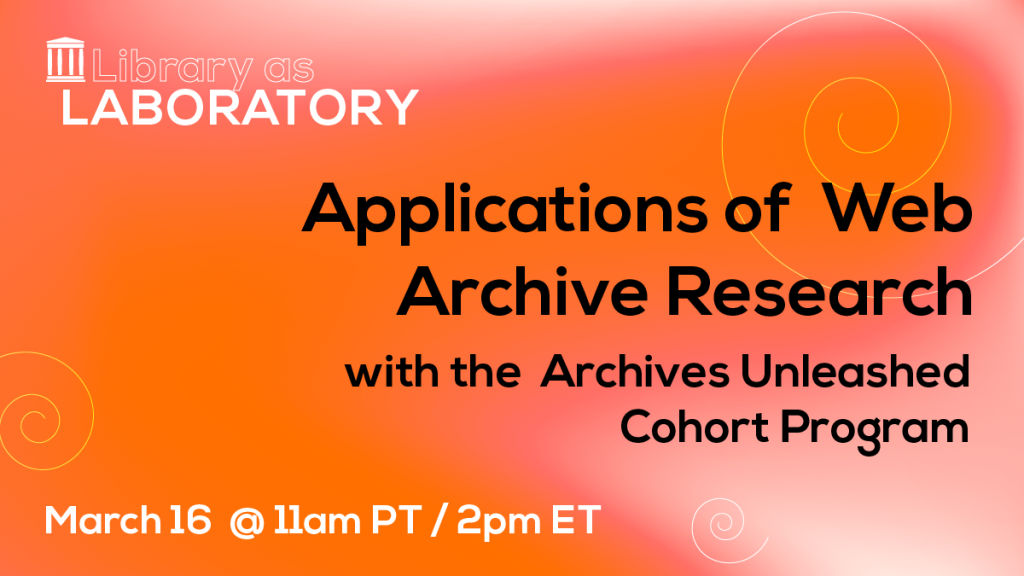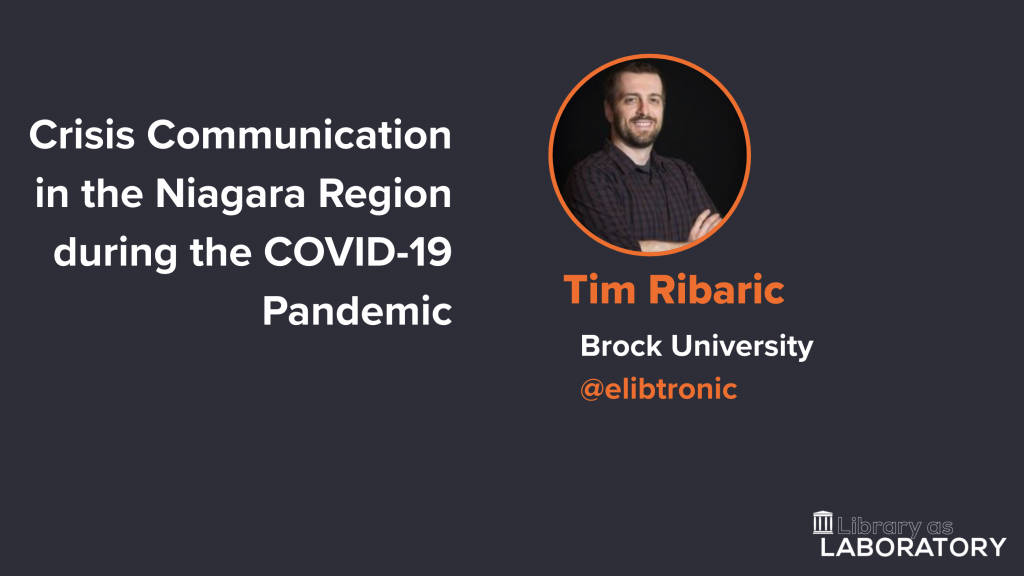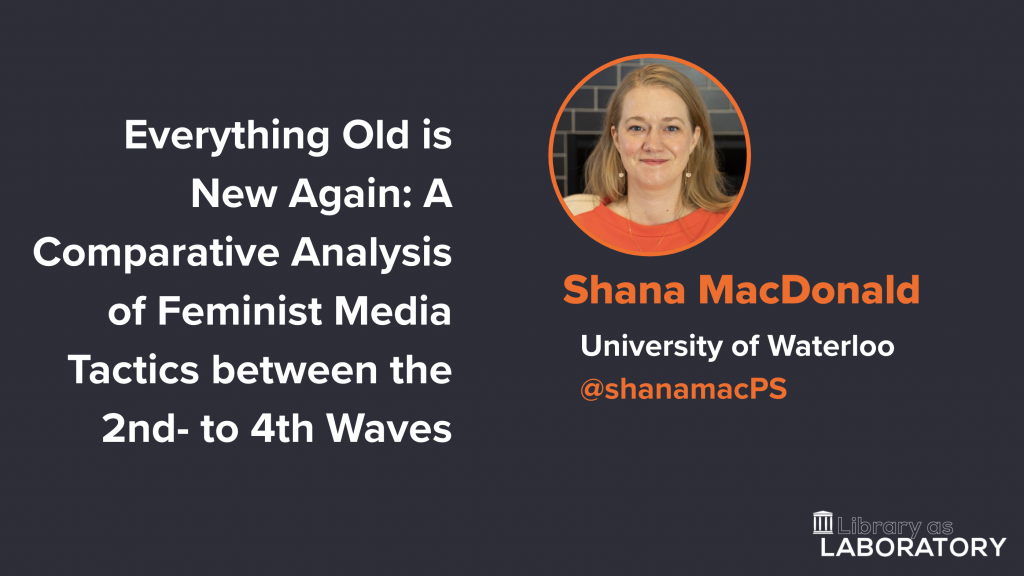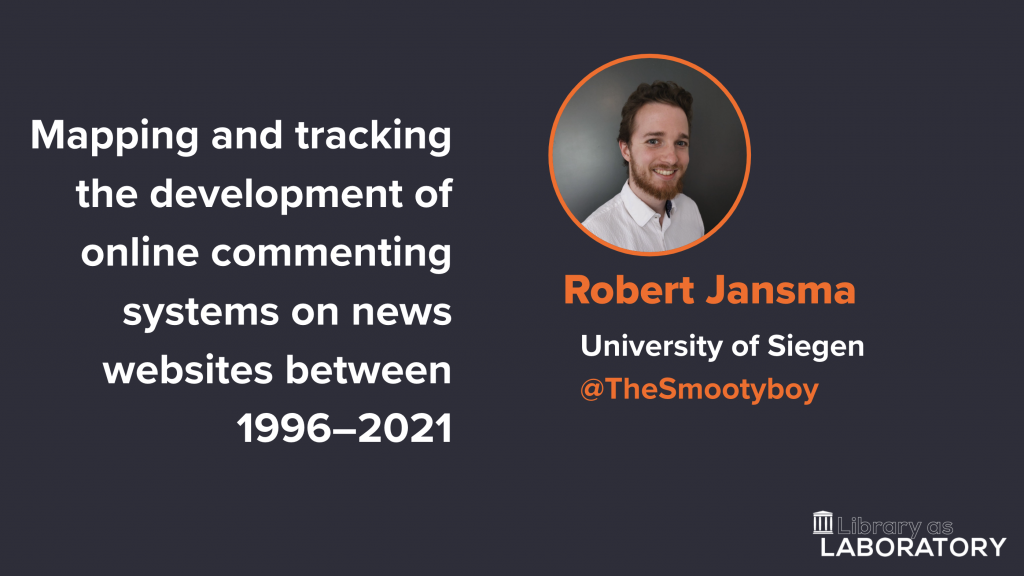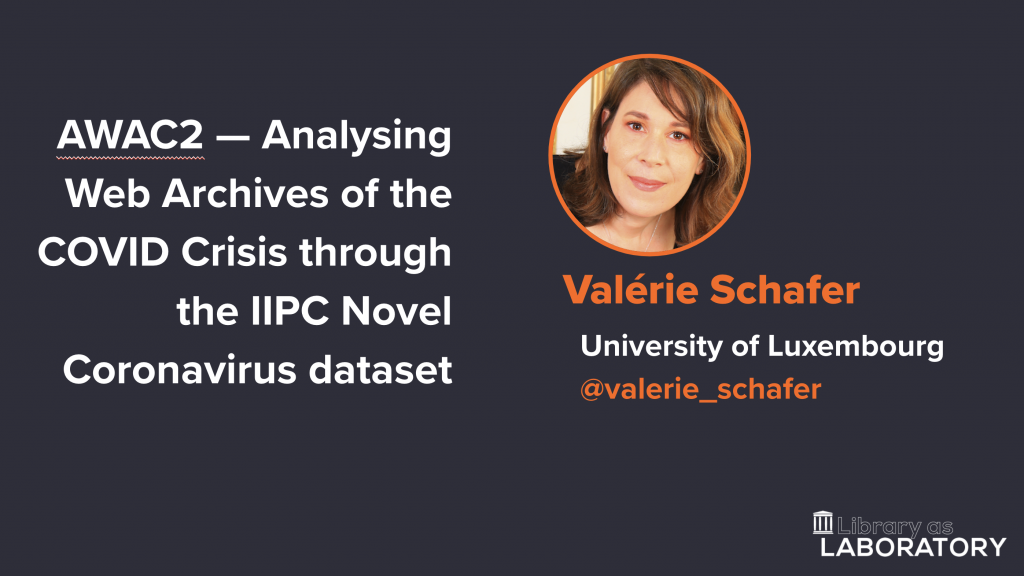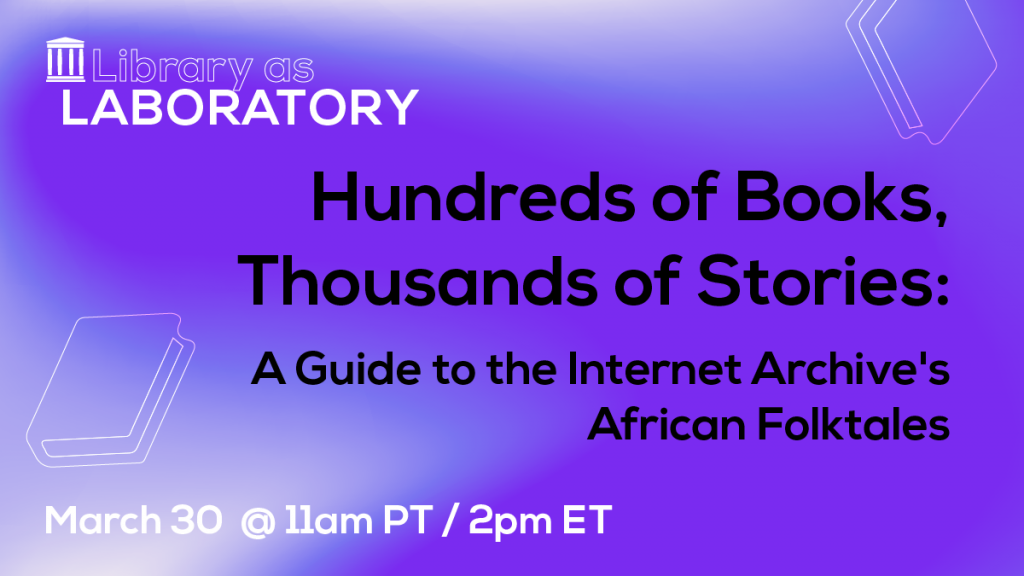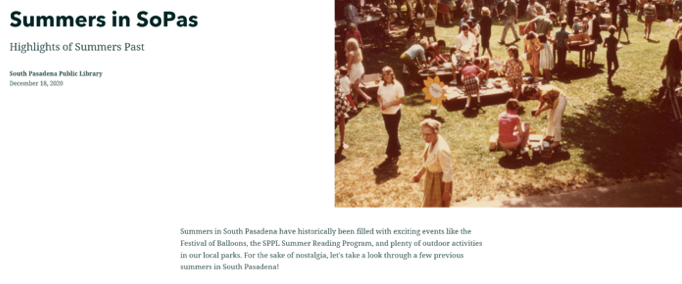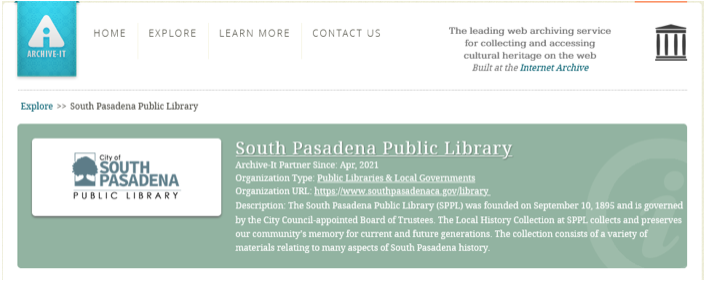To celebrate National Library Week 2022, we are taking readers behind the scenes to Meet the Librarians who work at the Internet Archive and in associated programs.
In the spring of 2021, Catherine Falls was hired by the Internet Archive to launch the Community Webs program in Canada. She was excited about the prospect of helping public libraries, museums, local historical societies and archives digitally preserve important material.
“Most web archiving happens at really large institutions, so much of the experience of local communities is missing from the historic record. It’s giving us a biased view of contemporary society,” Falls said. “The more of these local organizations that we can get to do this archiving, the more the historic record will be brought into balance.”
Since her efforts began, the Internet Archive has partnered with 43 institutions and organizations in Canada to build community-based collections. Falls said it’s been rewarding to follow the growth and variety of web-archiving projects . For example, the Milton Public Library in Ontario is working with the Halton Black History Awareness Society and other organizations to document items that may not otherwise be captured on the web. Meanwhile, the ArQuives: Canada’s LGBTQ2+ Archives is working with its community members to build web archive collections that capture the community’s web presence.
Falls earned bachelor’s degrees in commerce and art history from the University of British Columbia. She also has a master’s degree in library science and a master’s degree in art history from the University of Toronto. Before coming to the Internet Archive, she worked as an archivist in Canada at several institutions including York University and the Archives of Ontario.
“I’m interested in the free circulation of ideas and the library as a place where public knowledge is accessible.”
Catherine Falls, Community Webs
“I was drawn to libraries as a kind of place that facilitates research–which for me is the most exciting phase of any project,” Falls said. “I’m interested in the free circulation of ideas and the library as a place where public knowledge is accessible. I like how the intellectual possibilities of a library intersect with the library as a community space.”
Falls says her background gives her a solid understanding of the basic functions of the library and the common language used within the profession. With that theoretical grounding, she said she can approach her work from a critical perspective to make improvements.
“It’s important to keep in mind that libraries are not infallible institutions. We need to be constantly questioning our practice and finding ways to be better,” Falls said. “It’s easy to say libraries are these beautiful, idyllic institutions. But I think it’s healthy to take a critical eye toward the work we do so that we can try to live up to our ideals in terms of whose stories we tell, who has access to our services, and what is preserved for the long term.”
Falls said she enjoys the mission-driven focus of the Internet Archive. Operating in the library, technology and archival world, it has a dynamic, nimble culture that provides fertile ground in which to explore new ideas, she said.
Falls’ favorite holdings are among some of the quirkier arts-related web archive collections in the Internet Archive: University of Michigan, School of Information, 20th Century Minimalist Music, Dalhousie University, Artist-Run Centres in Halifax, Nova Scotia, and Corning Museum of Glass, Contemporary Glass Podcasts.
